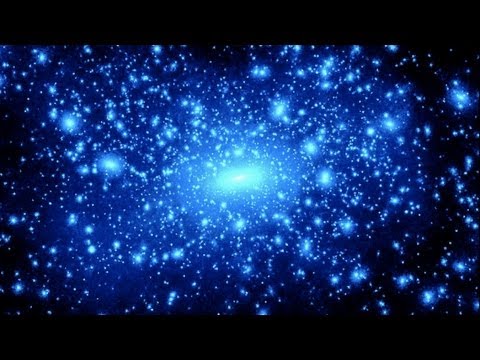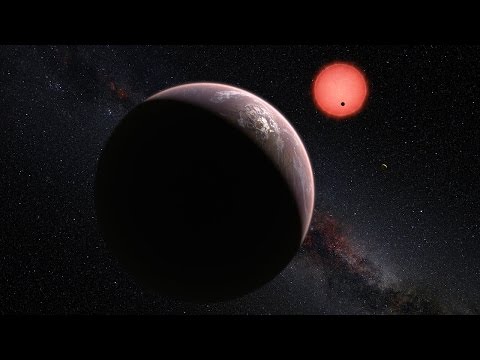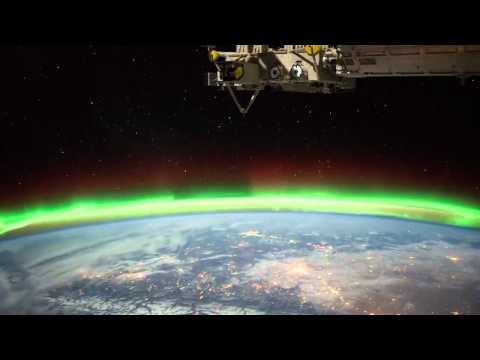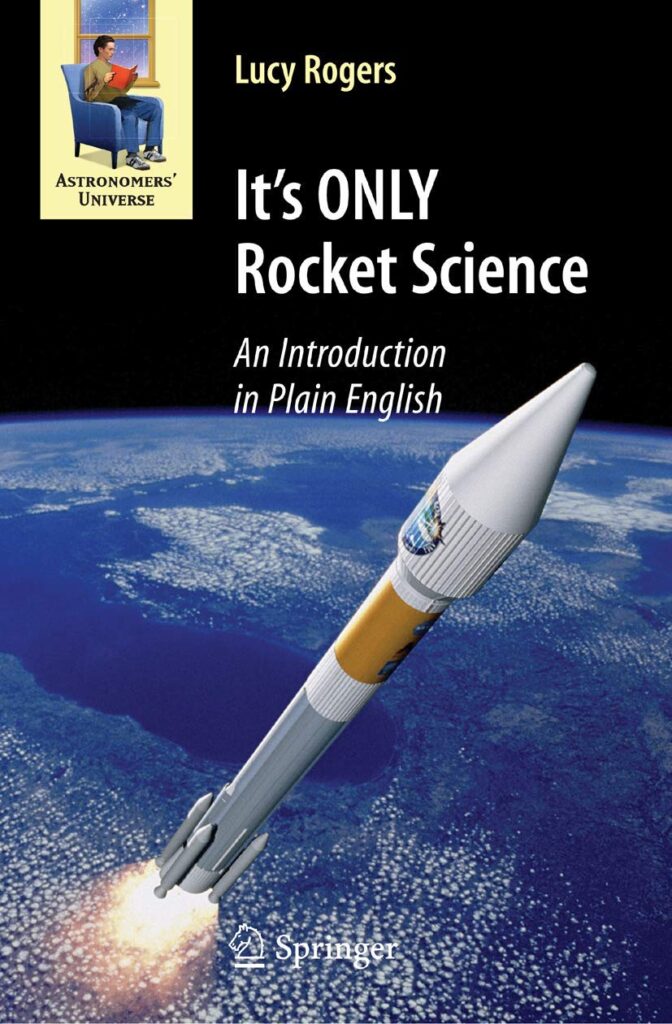The Surprising Diversity of Moons in Our Solar System
The moon has always been a source of fascination for humans, with its mysterious craters, valleys, and mountains captivating our imaginations for centuries. But did you know that our own moon is just one of many moons in our solar system, each with its own unique characteristics and features?
When we think of moons, most of us immediately picture Earth’s moon, a familiar sight in our night sky. But the truth is, there are over 200 moons in our solar system, ranging in size from small, irregularly shaped rocks to massive bodies larger than some planets.
One of the most surprising things about the diversity of moons in our solar system is that they come in all shapes, sizes, and compositions. For example, Jupiter, the largest planet in our solar system, has a whopping 79 moons, each with its own distinct properties. Some of these moons, like Europa and Ganymede, have surfaces covered in icy crusts, while others, like Io, are volcanically active, with lava flows and plumes of sulfur erupting from their surfaces.
Saturn, another gas giant in our solar system, is home to over 80 moons, including the famous Titan, which is larger than the planet Mercury. Titan has a thick atmosphere and lakes of liquid methane on its surface, making it one of the most Earth-like moons in our solar system.
Even smaller planets like Mars and Neptune have moons of their own. Mars has two small moons, Phobos and Deimos, which are thought to be captured asteroids, while Neptune has 14 moons, including Triton, which is believed to be a captured Kuiper Belt object.
The diversity of moons in our solar system is a testament to the complexity and richness of our solar system. Each moon tells a unique story about its history, composition, and interaction with its parent planet. Studying these moons can provide valuable insights into the formation and evolution of our solar system, as well as the potential for life beyond Earth.
As we continue to explore our solar system and beyond, the study of moons will undoubtedly play a crucial role in our understanding of the universe. Whether they are icy, volcanic, or Earth-like, the moons of our solar system are a reminder of the vast diversity and wonder of the cosmos.













